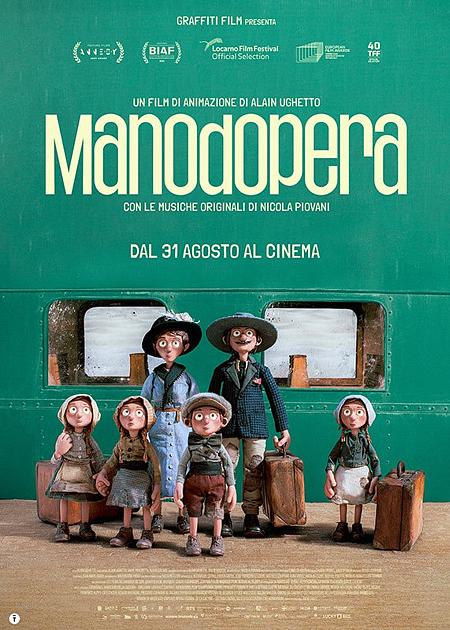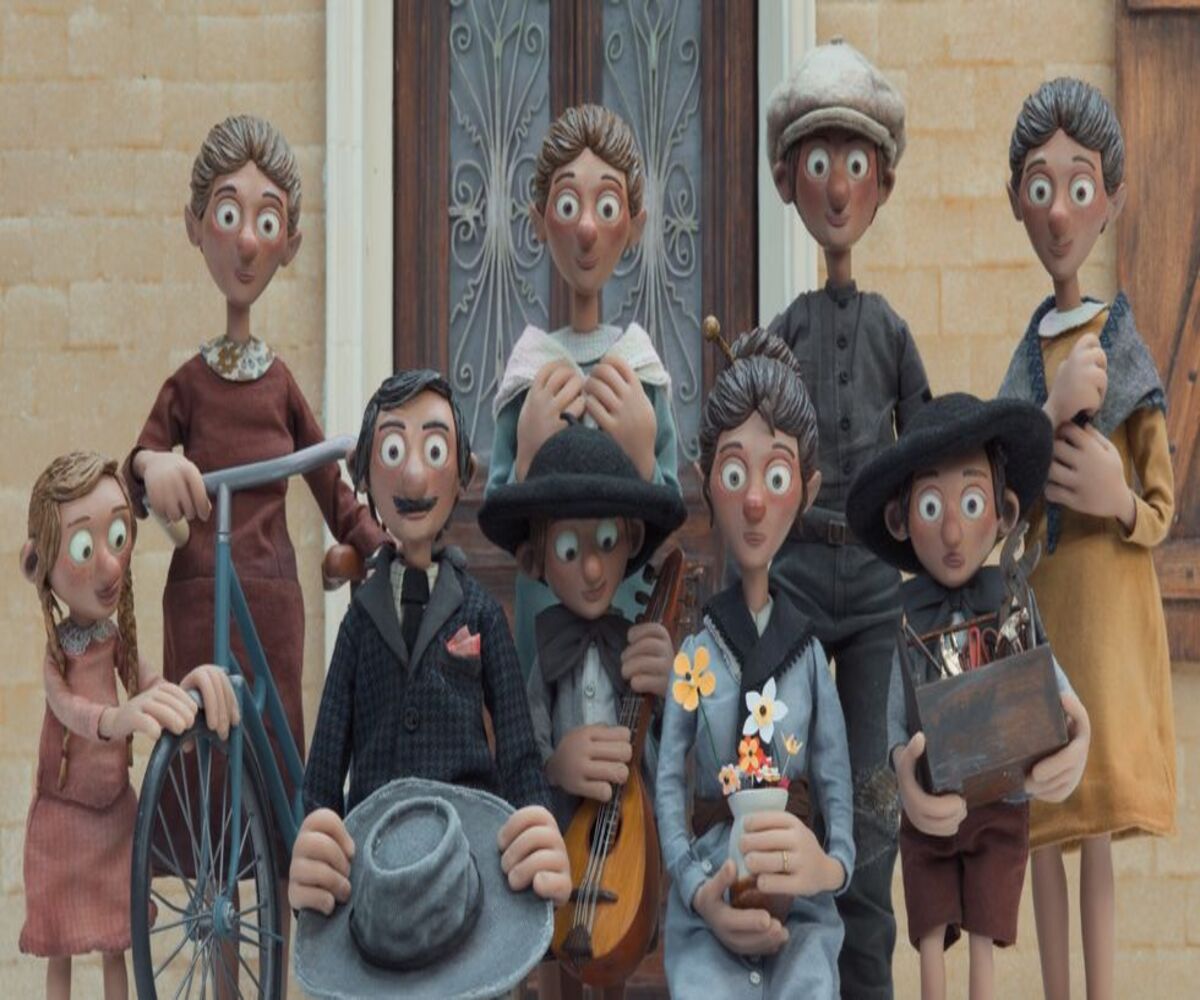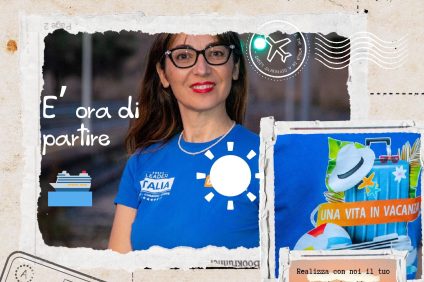"Labor” is the title of the animated film, by Alan Ughetto which tells the story of their grandparents, Piedmontese farmers, migrants in France in search of fortune between poor life, hunger, wars, diseases, and migration, under the fascist regime. The film is made using the stop motion technique, with puppets, photographed frame by frame. The soundtrack is signed by the Oscar winner Nicola Piovani.
Labor, the plot
The director tells the life of his grandparents Luigi and Cesira, who in the first decades of the twentieth century they left the village of Hughethera in Piedmont to find luck and a better life in France. The title is in fact a reference to the work done by his grandfather and by the many Italians who left their homeland.
Thus Ughetto was able to rediscover their own origins, its history and traditions. It is an animated story that touches many themes in an original way.
everything comes from a suggestion, from a memory as the author says: "On family days, when we sat at the table, my father always said that in Italy, in Piedmont, there was a town called Ughettera, where all the inhabitants were called Ughetto, like us. When my father died, I decided to go and check. It really existed: Ughettera, the land of the Ughettos! My research began that day nine years ago and, with it, the story of this film was born".

Manpower, the manufacturing technique
The director and creator intertwines individual history with universal history, creating a short that takes the form of a small work of art that reaches straight to the heart with language, objects and characters. The peculiarity of the film is the use of stop-motion, the step-by-step animation in many paintings where plasticine puppets 23 centimeters high are used. Objects are also symbolic. The director then enters the action since it is a story that concerns him, intertwining an ideal dialogue with his grandmother, also intervening on stage with his hand, which offers objects to the characters, with a foot, etc. the most striking thing is that Ughetto's puppets become human beings by detaching themselves from that level of fiction that often wants to be the hallmark of cinema.
A film to be shown also to children who attend school to explain to them the Italian migration at the beginning of the 1900s.
The history of Italian emigration told in cinema
The Italian emigration has been told to the cinema by many films such as: "The path of hope" by Pietro Germi; "Nuovomondo" by Emanuele Crialese, passing through the bittersweet comedies of Luigi Zampa with Claudia Cardinale and Alberto Sordi in "Bello, honest, emigrated Australia..." and by Franco Brusati, with Nino Manfredi in "Pane e cioccolata". A theme very dear to us Italians that reminds us of sacrifices, pain, stories.
The awards
The feature film, presented at dozens of international festivals, from Locarno to Yokohama, has already won a dozen awards such as the Efa for best European animated feature. An international co-production supported, among others, by the Turin Piedmont Film Commission – Piedmont Doc Film Fund, the General Directorate of Cinema and Audiovisual of the Ministry of Culture and Eurimages.
The release of the animated film
The film is released in Italian cinemas on August 31st, preceded by a tour of screenings with the director and an ad hoc exhibition at the Italian Migration museum in Genoa, open from August 5th.
Watch here the trailer.
Go and see it by taking advantage of the summer promotion which sees the screening of new films at the special price of 3 euros
cover photo: Courtesy Photo Lucky Red





